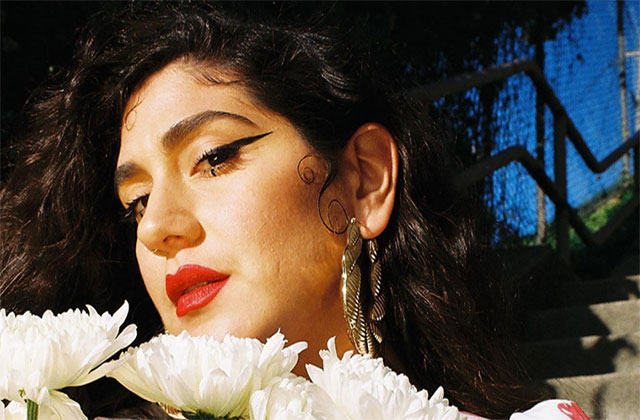Mariachi teacher Cecilia Cassandra Peña-Govea, who performs as reggaeton artist La Doña, recently released her new EP “Algo Nuevo” ("Something New") as a tribute to her Latinx upbringing and community. In an interview with National Public Radio (NPR) host Lulu Garcia-Navarro that aired on March 15, La Doña spoke about her upbringing, performing in her family’s mariachi band when she was only seven-years-old and more. Here are some must-read excerpts from the interview:
On the definition of "femmeton," which La Doña coined to describe feminist reggaeton:
"It’s reggaeton, but recentering around a feminist perspective and a feminist experience. I think that this is important because reggaeton, and a lot of popular music that we see across genres, are really centered along a male perspective. And this tends to deliver a lot of misogynistic and chauvinistic and unhealthy messages to quite a young and huge audience."
On her musical background and inspiration:
"While I do play a lot of different types of Mexican music, I also have studied and performed across genres. Growing up, my father played in a salsa band. He had a salsa band called Los Compas. And it boasted members from Nicaragua, from Puerto Rico, from Mexico, people from all different types of backgrounds.
[…]
And that overwhelming mezcla or just such a richness of influences shaped me and definitely shaped my musical practice. And you can see that, especially through the music I do as La Doña. I mean, it’s based on reggaeton, which is using beats coming from Jamaica and the dancehall."
On teaching mariachi in San Francisco public schools:
"For me, it’s really special and important because while I did grow up playing mariachi and playing ranchera, it was never really presented or prioritized in school. In San Francisco, we had a lot of cancellations of entire music programs. Definitely, we didn’t have mariachi, definitely we didn’t have any types of Latin music. [The program] makes kids feel more included by providing culturally relevant arts education. It kind of decentralizes this super European, western, Eurocentric music practice, which is all we really have access to. We’re playing etudes and sonatas and really not ever seeing any worth given to the folk traditions that a lot of us hold."
Listen to the complete interview, courtesy of NPR:
